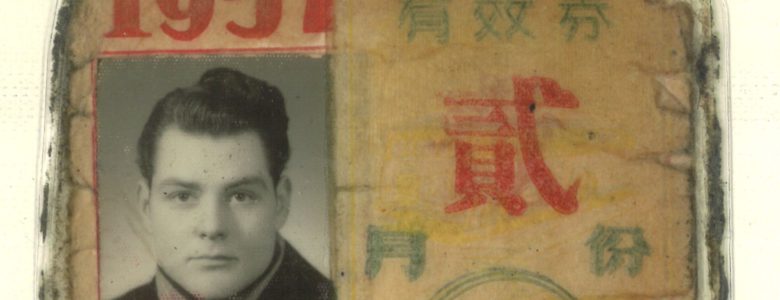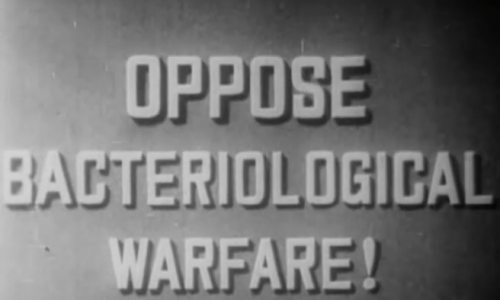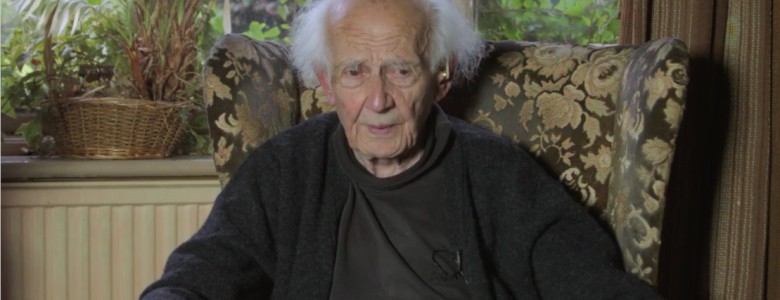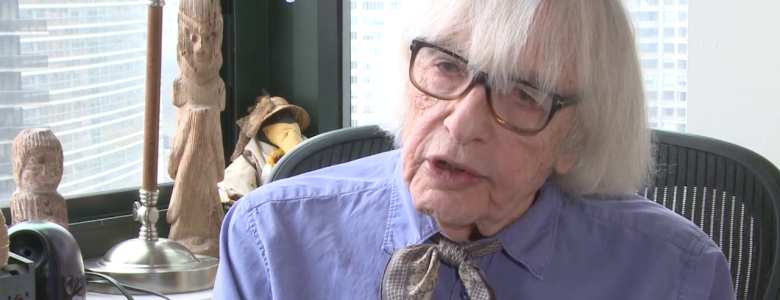
Nasheed Qamar Faruqi writes on the making of her film about the youngest of the 21 American POWs who ‘chose’ Mao’s China at the end of the Korean War.

Nasheed Qamar Faruqi writes on the making of her film about the youngest of the 21 American POWs who ‘chose’ Mao’s China at the end of the Korean War.
To what extent did the events of the Cold War alter the methods, aims and spaces of interrogation? How might this history intersect with developments in the ‘psy’ sciences? In July 2016, the Hidden Persuaders project hosted a workshop on these questions.

Mary Augusta Brazelton explains how one of the first scandals involving ‘Communist brainwashing’ also serves as an entry point for understanding how the Chinese Communist Party used biomedical expertise to consolidate its political power at home.

“We are tightly wrapped in a spider net of electronic surveillance”… deliberately confused by “an incessant flow of dismembered and dislocated fragments” (Zygmunt Bauman on brainwashing, surveillance, and modern society).* In July 2015 Daniel Pick interviewed Zygmunt Bauman on the subject of brainwashing. His wide ranging responses travel from the Cold War to the virtual… Read more »

In April 2014, Daniel Pick sat down with Robert Jay Lifton for a wide-ranging discussion about Prof. Lifton’s life and research. In this first excerpt from the interview, Prof. Lifton speaks about writing his 1961 book, Thought Reform and the Psychology of Totalism, which describes the processes of re-education (considered by some to be ‘brainwashing’)… Read more »
In November 2014 the Hidden Persuaders project hosted Monica Kim, author of the forthcoming book Humanity Interrogated: The Wars over War in the Interrogation Room, 1942-1960 and assistant professor of history at New York University. In a seminar that was jointly organized with the Psychoanalysis Working Group of the Birkbeck Institute of Humanities, Dr. Kim… Read more »